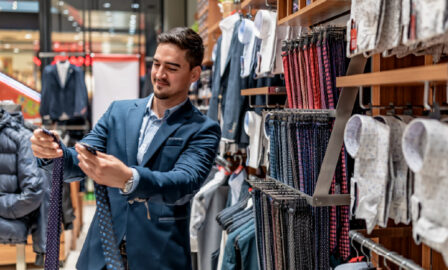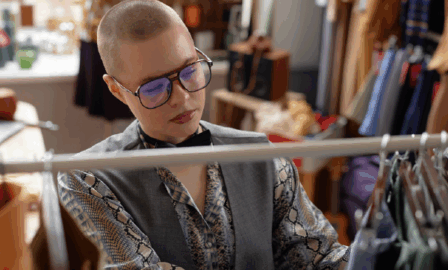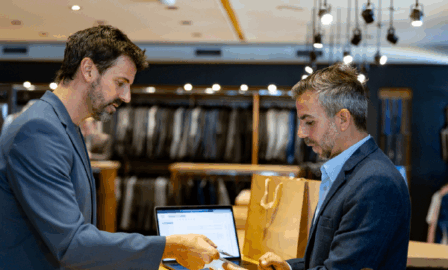2022 Luxury Retail Trends
Read our updated trends report here: 2023 Luxury Retail Industry Trends
For luxury retailers, the focus of 2022 will be on increasing access and leveraging technology to better meet consumers’ needs and expectations as we settle into an in-person and virtual hybrid world that is here to stay. The past two years have offered many lessons to luxury retailers who were encouraged to re-think sales channels and improve customer access through online, experiential consumer engagement. Now these practices will be refined as retailers continue to improve online selling tactics and shift to meet consumer preferences.
2022 Luxury Retail Industry Trends
We’re watching these five luxury retail industry trends as we move further into 2022:
Trend #1: Blockchain technology allows for authentication of luxury goods.
Blockchain technology has become increasingly popular in the past few years, best known as a technology used to record cryptocurrency transactions. Blockchain is a great tool for businesses dealing with sensitive or valuable data because it’s a ledger composed of decentralized and distributed records, making it incredibly secure. This is important to companies in luxury retail as the authenticity of goods drives value in the industry.
Download the Full 2022 Luxury Retail Industry Trends Report Here
Blockchain can help sustain this value by increasing traceability and preventing fraud. By storing data on a blockchain ledger, luxury retail companies can ensure their goods are high-quality, sustainable, and valuable through the entire production process. Similarly, when luxury goods are sold, consumers expect the worth to be life-long. Using blockchain technology to assign an electronic certificate of authentication helps keep a secure record of the product’s worth, therefore helping sustain its value.
We started to see the industry catch on with this trend in 2021. In April, the Aura Blockchain Consortium was created by LVMH, Prada, and Richemont to allow any fee-paying luxury brand to utilize their blockchain technology to trace and authenticate products using non-fungible tokens (NFT), a type of digital certificate of authentication. As this alliance grows, we can expect more key industry players to either join or pursue other means of blockchain authentication in 2022.
Trend #2: Luxury retailers adapt to meet the needs of the ever-evolving consumer.
We are now starting to see the long-term effects of the initial shock in lifestyle change from COVID-19. Hybrid work, a mixture of virtual and in-person, has become the new normal, and employees are now equipped to work from nearly anywhere. We’re seeing this translate into their buying habits, as well.
As a result of the pandemic shifting consumer buying habits, leading luxury brand Gucci continues to embrace digital and technological innovations to meet consumers where they are. From leveraging augmented reality through its app and Snapchat filters to releasing online-only sneakers, Gucci is constantly enhancing its online presence. In March of 2021, the luxury brand sold the Gucci Virtual 25s, the first-ever online-only luxury sneakers. Continue reading by downloading the full report below, and learn more about our Luxury Retail Consulting Services here.
Download the Full 2022 Luxury Retail Industry Trends Report Here
Read last year’s Luxury Retail Trends Report here.
Subscribe to Clarkston's Insights
Contributions by Hannah Sherrill



